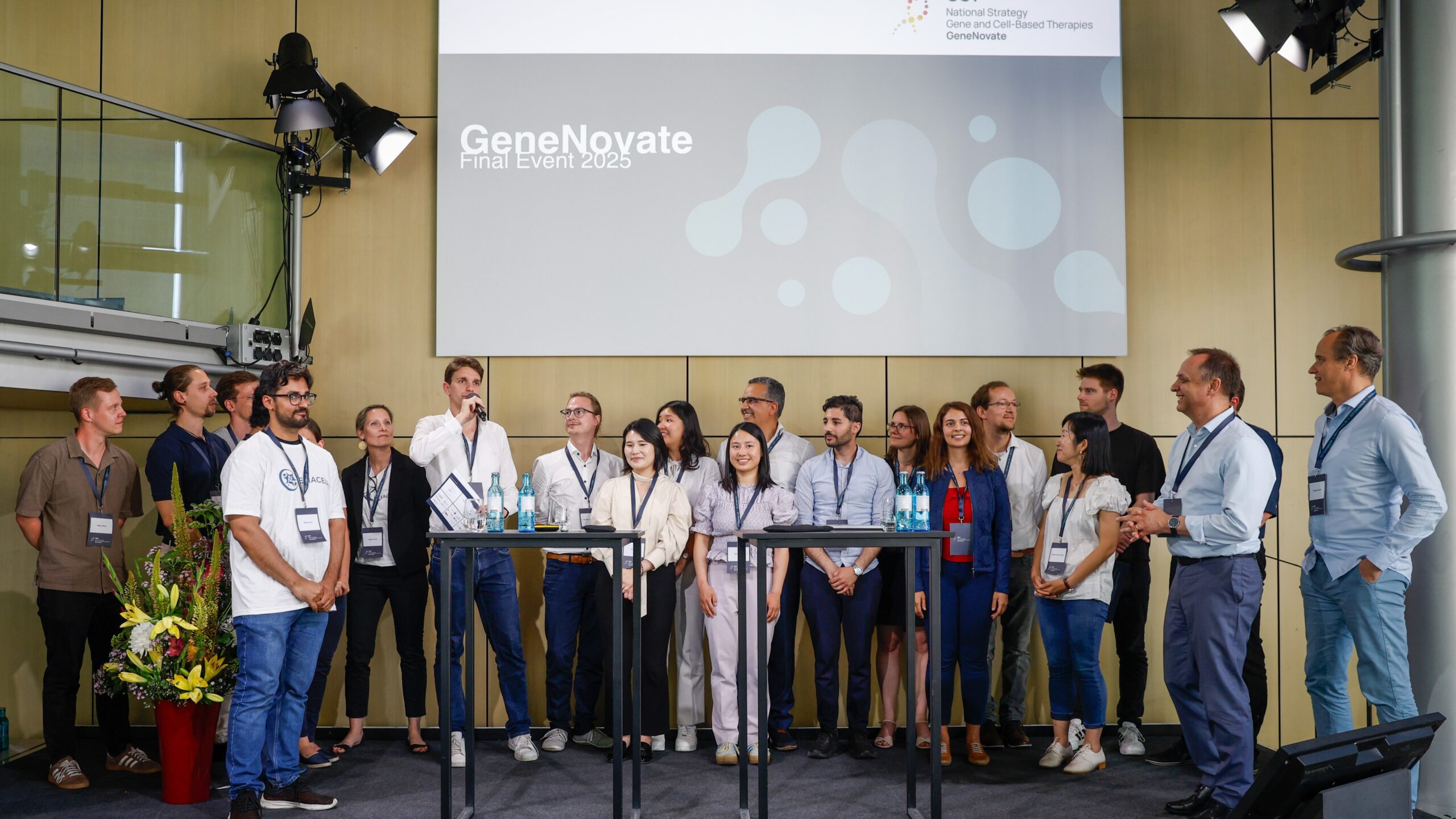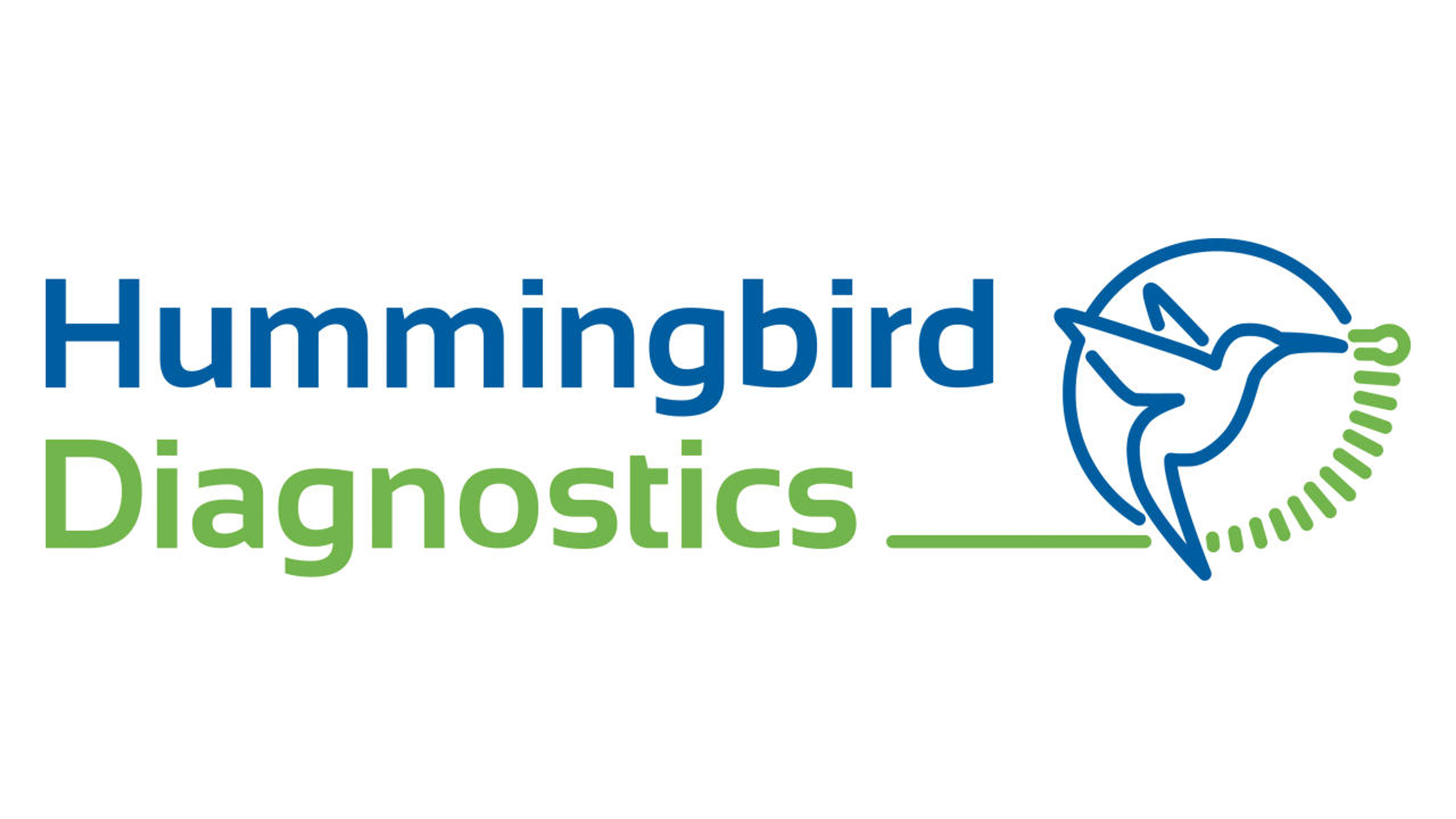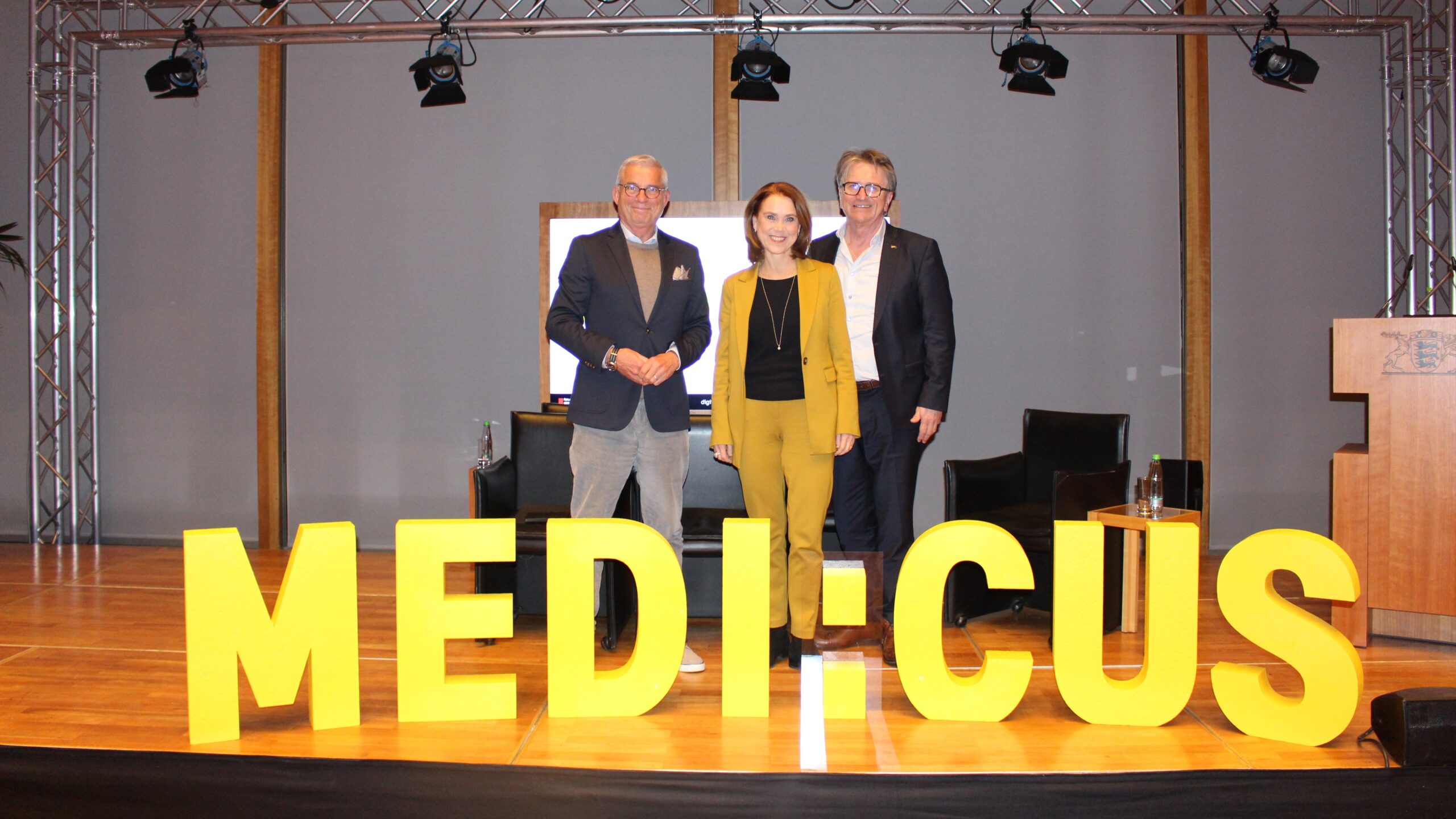Millions in federal funding: customized 3D printing for patients in oral and maxillofacial surgery

The German Federal Ministry of Education and Research (BMBF) is currently funding a project at the Department of Oral and Maxillofacial Surgery at Heidelberg University Hospital (UKHD) with around 1.2 million euros. The aim is to use 3D printing technology to produce individualized implants directly in the clinic, thus enabling faster, more efficient and more precise patient-specific care. To this end, the UKHD is working with an industrial partner.
The ADDIFEM project (Optimized clinical patient care at the point of care through individualized implants using 3D printing technology) aims to significantly improve the care of patients with complex midface fractures and in reconstructive, oncological and malformation-correcting surgery. To this end, state-of-the-art 3D printing technology is being installed to produce individualized implants directly in the clinic. Currently, the time-consuming planning and manufacturing process for such implants significantly extends the time to surgery. “BMBF funding for this model project enables close collaboration between industry and clinics to provide our patients with customized implants faster, more efficiently and more precisely, and to shorten innovation cycles,” says Professor Dr. Dr. Dr. h.c. Jürgen Hoffmann, Medical Director of the Department of Oral and Maxillofacial Surgery at the University Hospital Heidelberg (UKHD).
The project is being carried out by the working group led by Dr. Dr. Reinald Kühle, Senior Physician at the Department of Oral and Maxillofacial Surgery at the UKHD, in close collaboration with the medical technology company KLS Martin SE & Co. KG, and is funded under the BMBF funding guideline “Development of industry-in-clinic platforms for the development of innovative medical products”. For the development phase, the team conducting the first subproject received around 2.2 million euros – in addition to the 1.2 million euros from the BMBF, the industrial partner provided around one million euros. For the three subsequent projects, BMBF funding of up to 4.3 million euros plus industry contributions is planned. The funding period will cover a total of three years.
Step by step towards optimized care
In the first project phase, digital planning and implant design will be increasingly automated and optimized in order to manufacture implants on site on a trial basis in the second phase. The integration of an industrial point of care (PoC), i.e. a permanent presence of the cooperating company KLS Martin SE & Co. KG directly in the clinic, should accelerate and optimize these processes. The aim of the current feasibility study is to establish a new, faster manufacturing process for 3D implants, which should then also be approved outside the UKHD.
“With direct planning and on-site production, we expect not only faster patient care, but also greater precision and accuracy of fit of the customized implants, and thus a higher success rate and a lower risk of complications,” says Dr. Dr. Reinald Kühle. The team also expects that the new manufacturing process will use less material and thus be more efficient and cost-effective than conventional methods, especially when using expensive materials such as PEEK (polyether ether ketone). “It is a great opportunity to develop new materials and processes under clinically relevant conditions and to bring them to production maturity with our partner. This also includes joint training of medical personnel and engineers to achieve the best results,” says Dr. Dr. Kühle.




